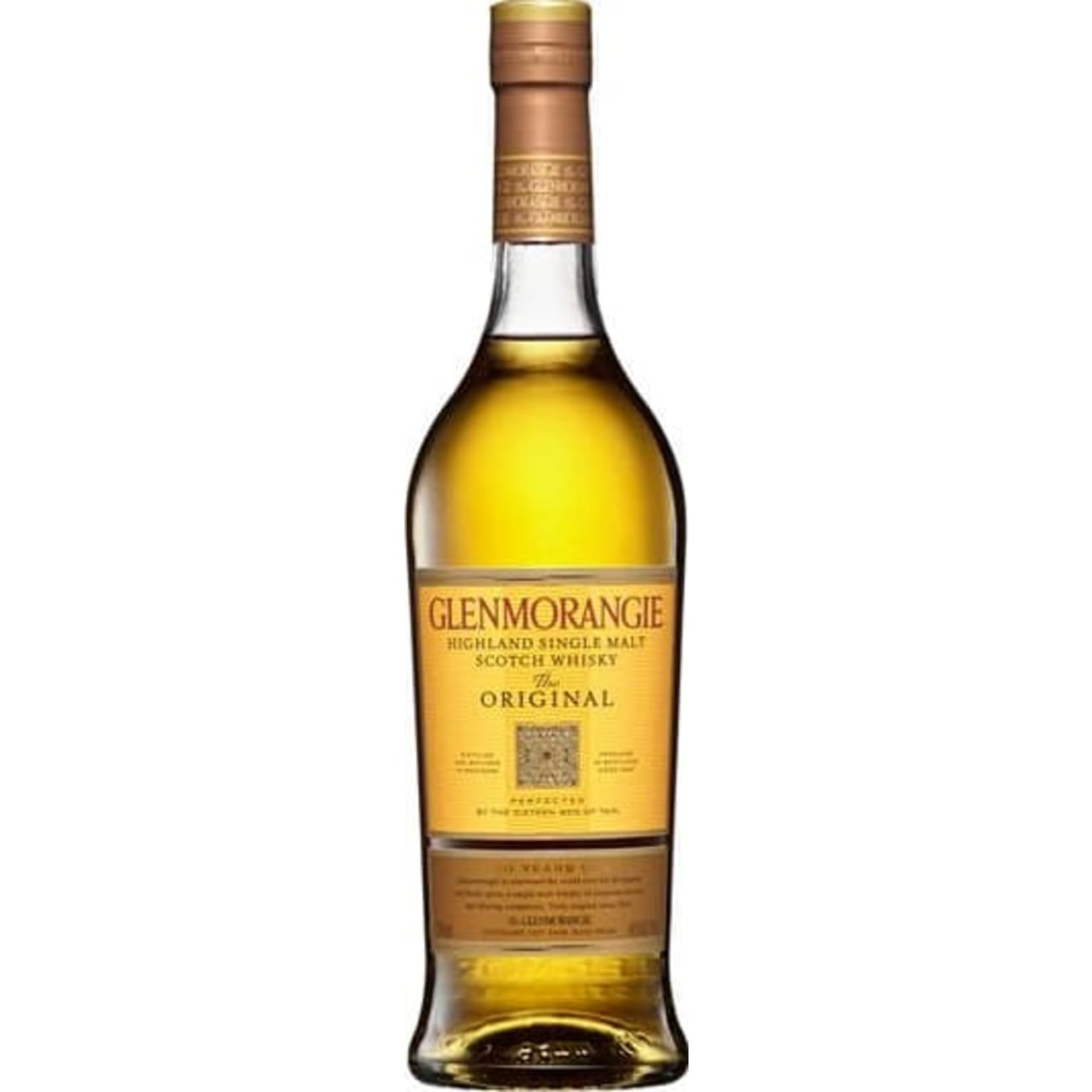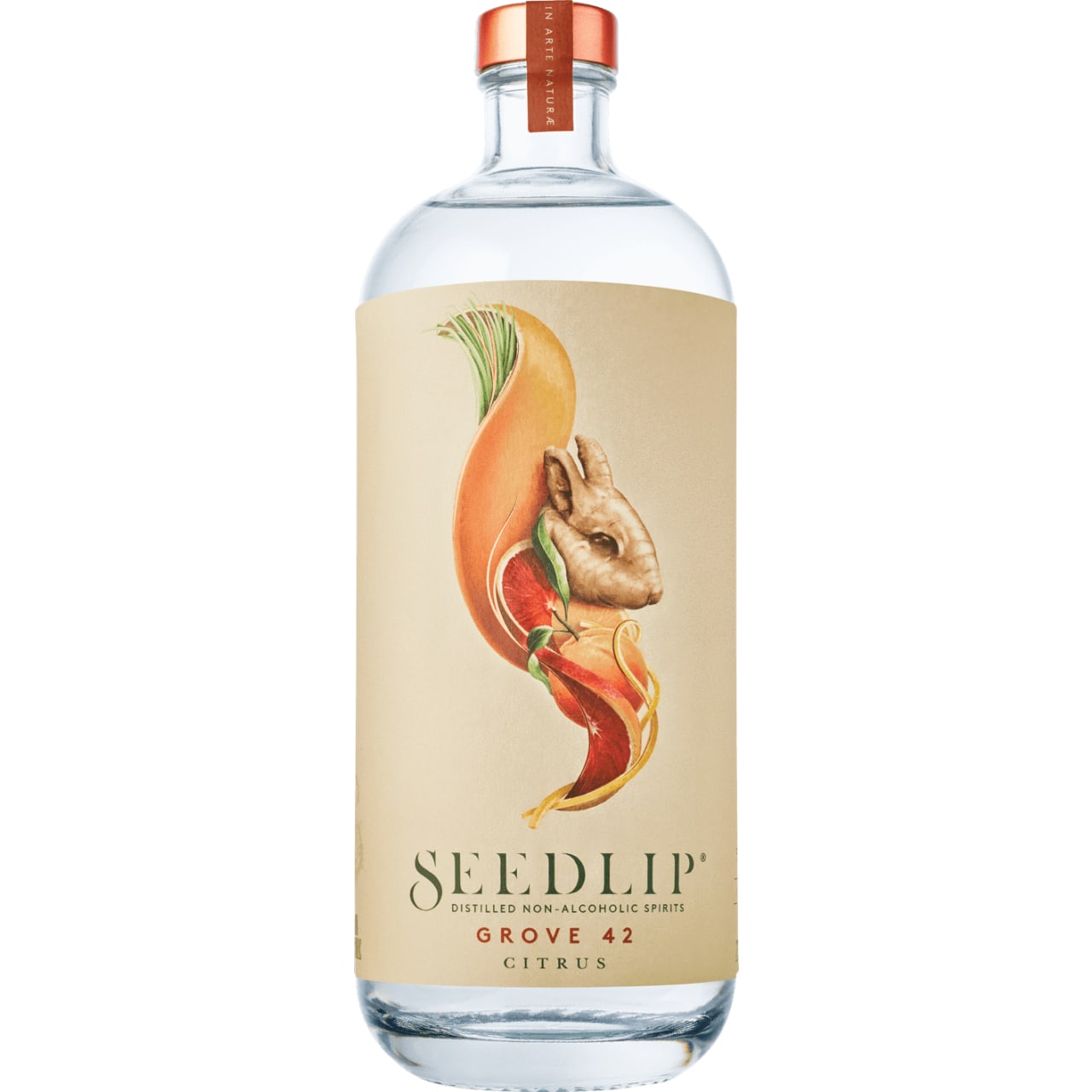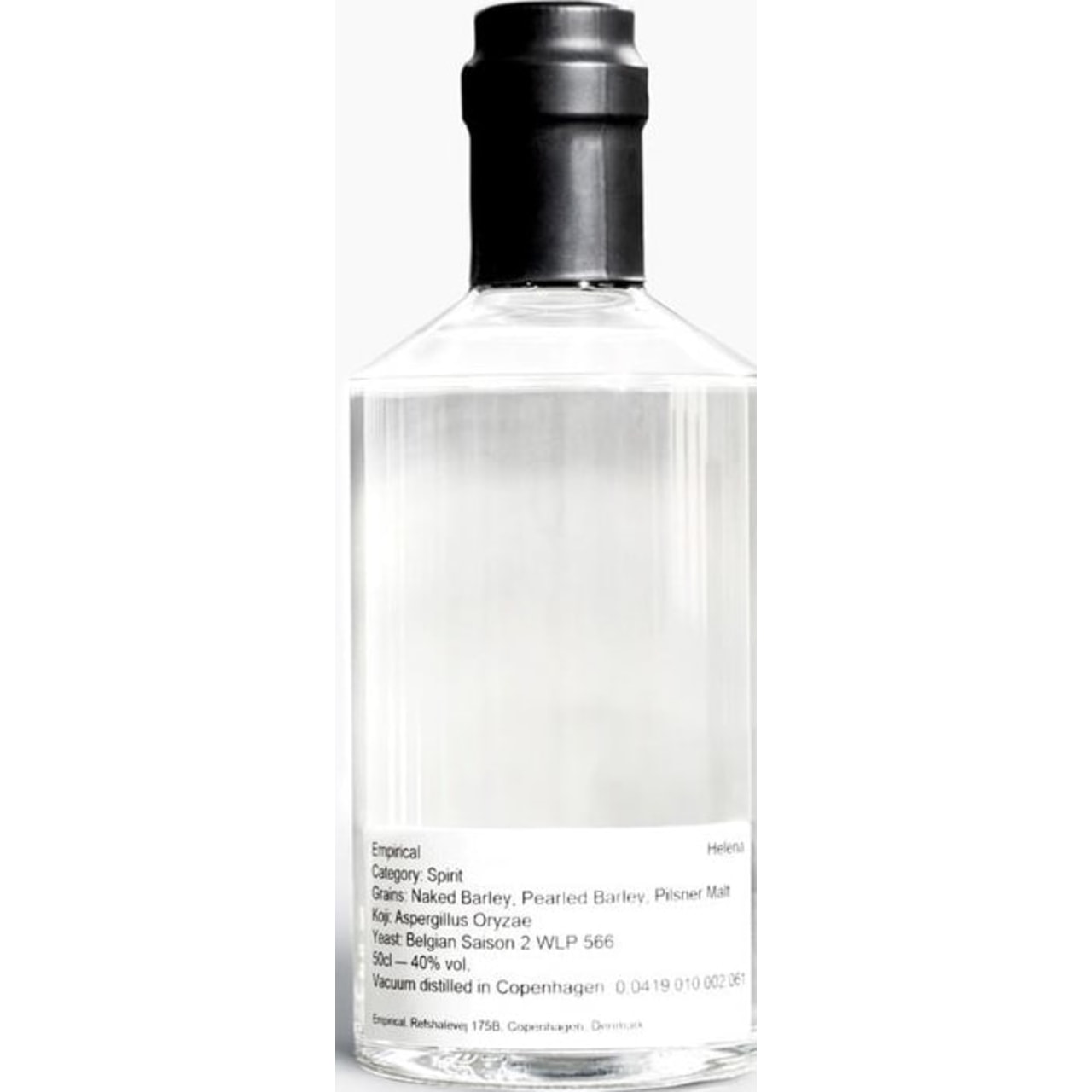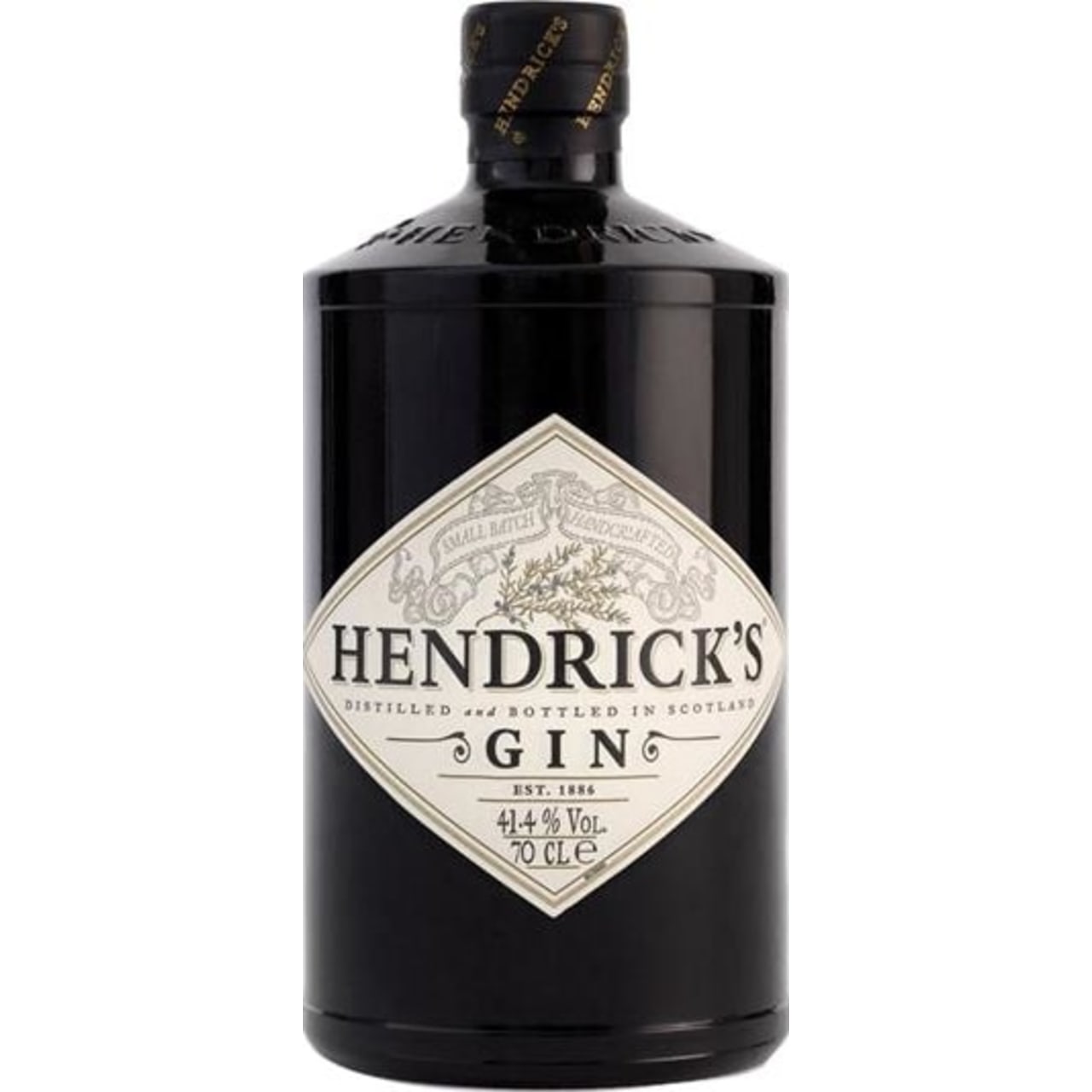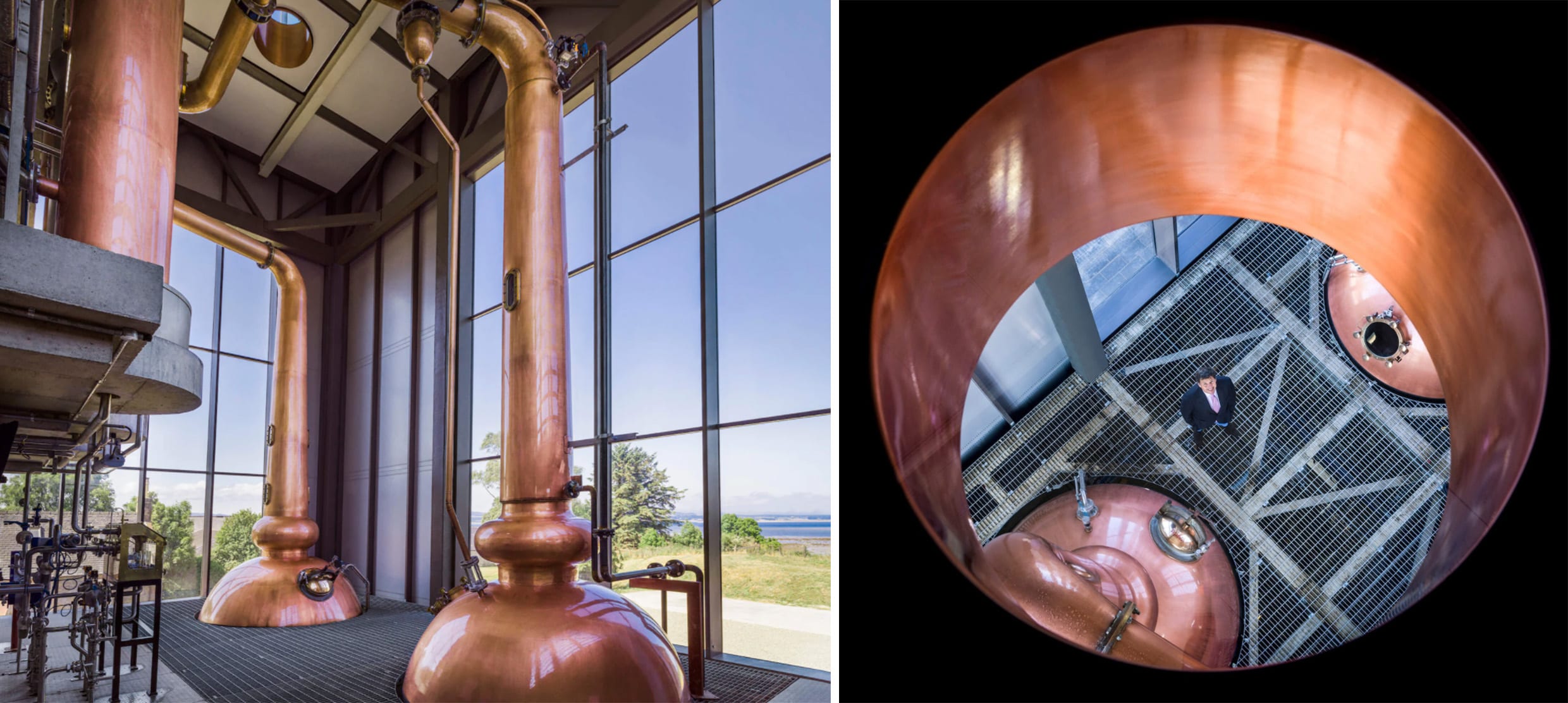

There was once a time, long, long ago where the word ‘unique’ would really set me off. Actually, it still does – but in recent years it has been usurped by a word even more triggering: ‘innovation’. A quick search of my inbox brings up literally hundreds of emails using the offending word – and that’s in the last 12 months alone.
At this stage, a spirit brand’s self-definition as such makes me more likely to question it than believe it. And I’m not alone: a quick post on social media asking to speak to fellow spirits industry professionals about the terms prompted an influx of passionate responses. It seems I’m not the only one feeling antagonised by ‘innovation’.
“I now reject things that use the word innovative,” says Dawn Davies, buyer at The Whisky Exchange and one of said repliers to my Instagram story. “There is something disingenuous about it, for me it signals someone desperate… ‘Innovative’ has become a bit like ‘craft’ – it’s a word that has become so misused it has no meaning.”
Before I continue, I’ll admit to falling victim to using the term numerous times (even in a previous article on vodka here). But I’d like to think that the products I’ve attributed it to are deserving of the title. For anyone wondering what the actual definition of ‘innovation’ is, according to Merriam-Webster it’s ‘a new idea, method, or device’. Granted, it’s a relatively broad definition, but when applied to the world of spirits, it takes on a slightly more specific nature.
So, what does ‘innovation’ really mean when it comes to making spirits in 2022?
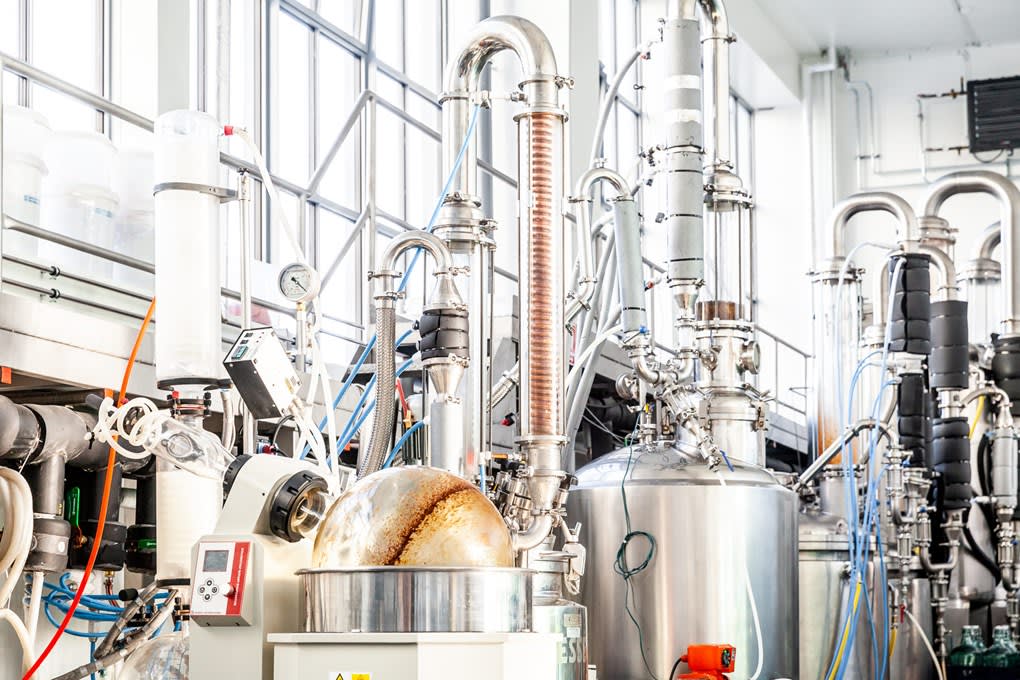

What’s in a name?
There certainly seems to be something oxymoronic in using this word ‘innovation’ in spirits. While it certainly means something new and exciting, there is also an undeniable distinction that something truly innovative not only stands the test of time, but also directly impacts the direction of a given category over time. “It’s people that changed the game,” agrees Davies, “people that drive future trends – they are the true innovators.”
Prime examples are behemoths like Hendrick’s – who changed the face of gin and broke the mould of, at the time, a far more classic category. In the over 20 years since its launch, thousands of gin brands have been born – yet it remains one of the category’s most recognisable and exciting names. Another is Seedlip, the brand that launched (and arguably still defines) the no-abv spirits category back in 2015. In fact, Davies doesn’t think a brand like it – non-alcoholic or alcoholic – has been launched since.
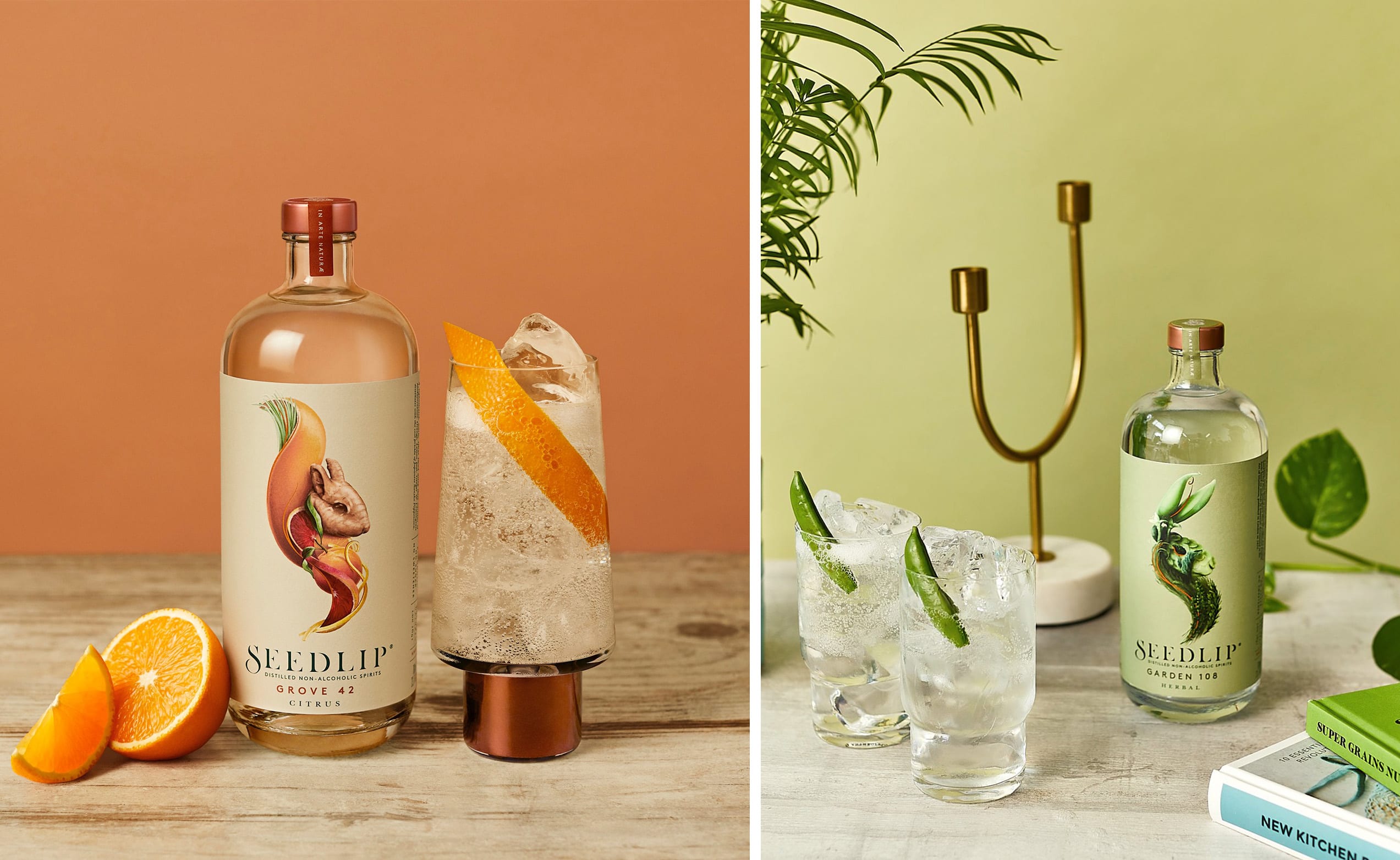

Of course, the backing of William Grant & Sons for the likes of Hendrick’s helps, which leads to the question of whether innovation is easier to achieve when money is no object. For me, innovation is less about means and more about intrinsic, innovative thought – often small, individual-based projects where less conventional ideas can be explored on an incremental level, quietly and without PR-driven fanfare (brands like Capreolus eaux de vie run out of Barney Wilczak’s garden shed and garage). For Davies, there is also a sense of bravery: “To be a true innovator you have to be brave. You are going against the norm… to go out there and put something on the market that has no founding and no history is challenging.”
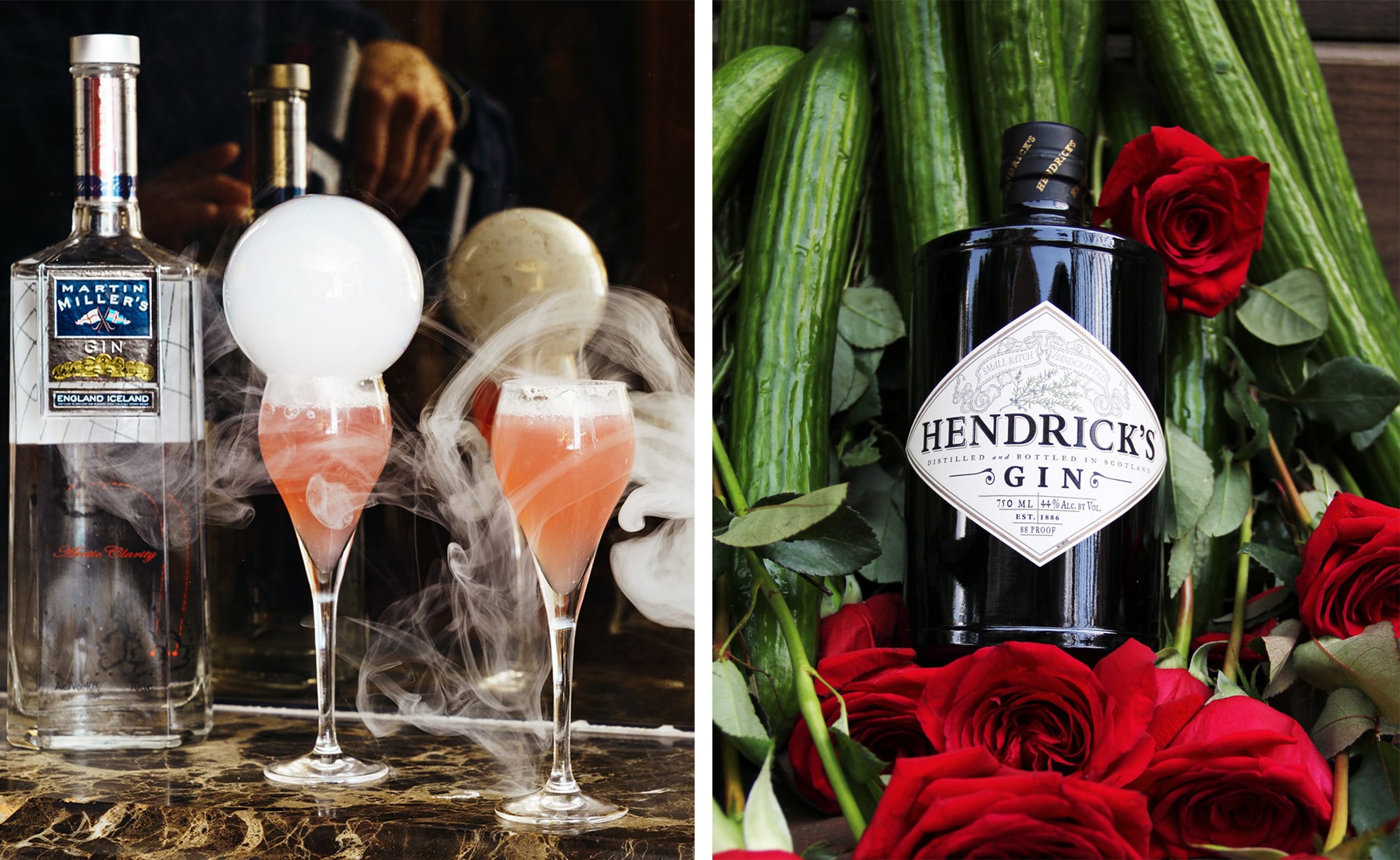

And is it just about the liquid? Using unusual yeast strains, new raw ingredients and mad ageing methods are perhaps seen as some of the examples of where innovation is most obvious, but I’d argue that the liquid isn’t always the defining factor. Back to Hendrick’s and despite Martin Miller's producing a liquid using double distillation and cucumber distillate before them, Hendrick’s had the money to invest in a striking new look for gin, a cool and premium aesthetic and an image that is instantly recognisable to this day.
Brands which are embracing different formats like cans and pouches are also working hard to democratise spirits and cocktails and make them more accessible to an ever-changing consumer and arguably innovating in the process. People like blended whisky makers Woven are using their packaging and branding to change the aesthetic of historic and traditional styles of whisky; while the likes of East London Liquor Company are bringing high quality spirits to drinkers without the hefty pricetag and in non-typical bottle formats. Sure, what’s inside the bottle, can or pouch is important, but let’s not undervalue how other parts of a spirit’s identity can drive innovation.


New recruits
So which new brands could be the ones we look back on as being innovators in their fields? Davies immediately namechecks the new collaboration between Irish whiskey bonder JJ Cory and Ryan Chetiyawardana (aka Mr Lyan), a whiskey called Fierfield which has had local Irish botanicals added to it; while my own suggestion of Whitebox Drinks (a rambunctious canned cocktail range including a Freezer Martini and Pocket Negroni) is met with fervent agreement: “What those guys done, it’s genius… truly innovative, quirky, fun and driving volume.”
On a large scale, a recent trip to the new Glenmorangie Lighthouse distillery was an undeniable display of innovative thinking with there seeming to be no limits on what head of whisky creation Dr Bill Lumsden will be playing with in years to come.


On a much smaller one, the adoption of Cognac’s petits eaux technique (where water is put into a small cask before being used to dilute the main spirit) by new White Peak Distillery, despite them not having actually used it in practice, is a hint towards an exciting and experimental future. But does experimentation equal innovation? Time, I suppose, will tell.
For Davies though, pulling out that new big game-changer isn’t as easy now and I was perhaps 10 years ago, despite the industry accolades ranking spirits by innovation alone. “I think in the true sense of the word there isn’t much innovation out there right now. I think we’ve come to a point where we’re looking at the next gamechanger and I just don’t think it’s there yet – possibly because everyone is claiming to do something different that maybe we’re missing true sight of who will innovate.” The door, it seems, is wide open: I just hope whoever walks through it does so with integrity – and maybe doesn’t call themselves ‘innovative’.


